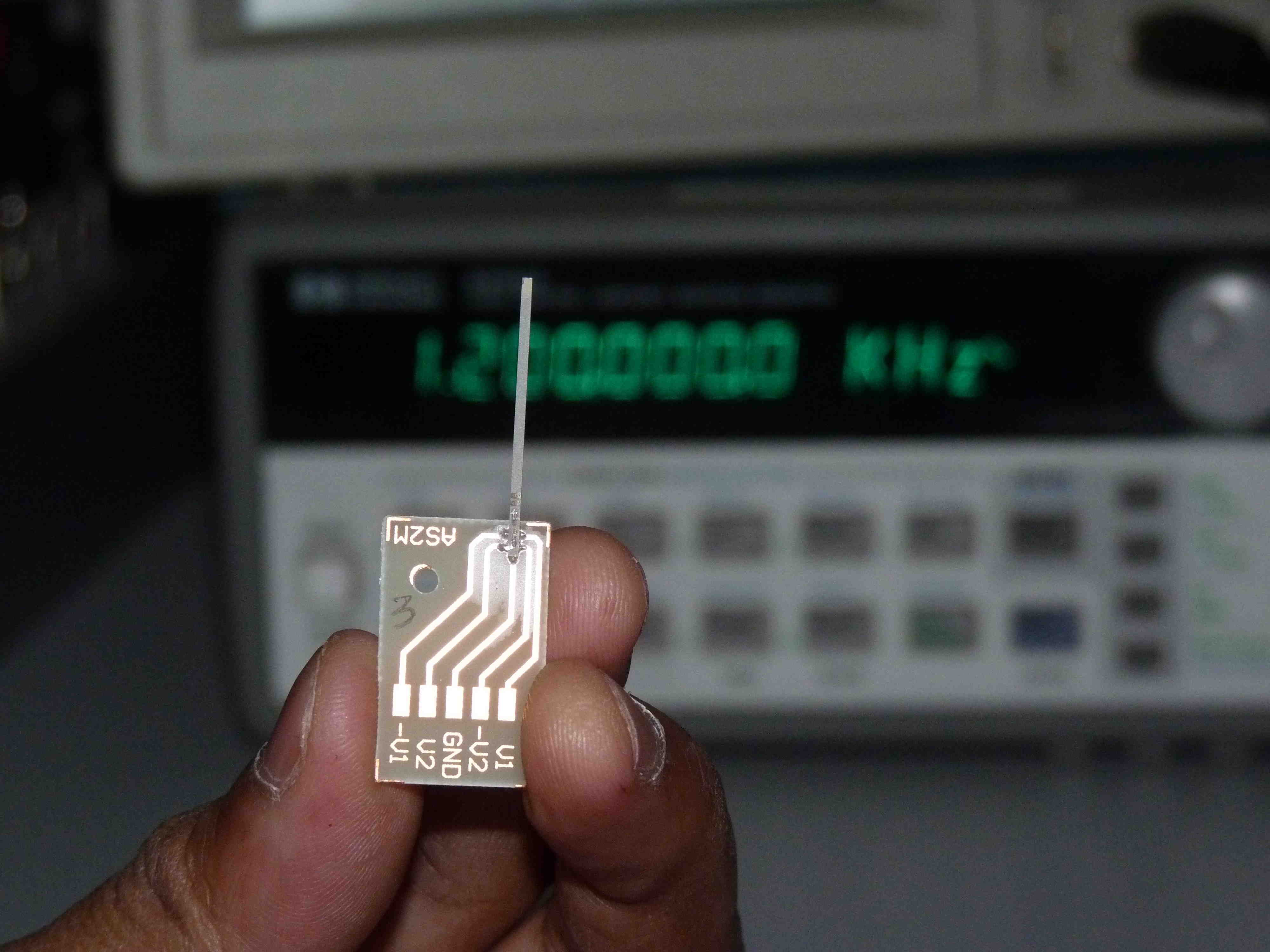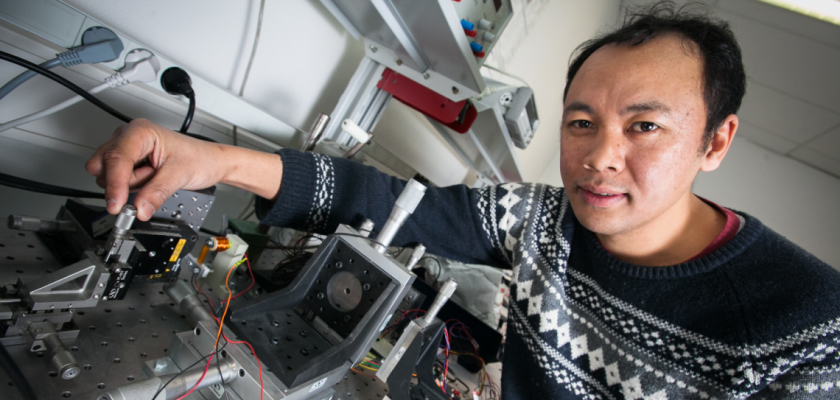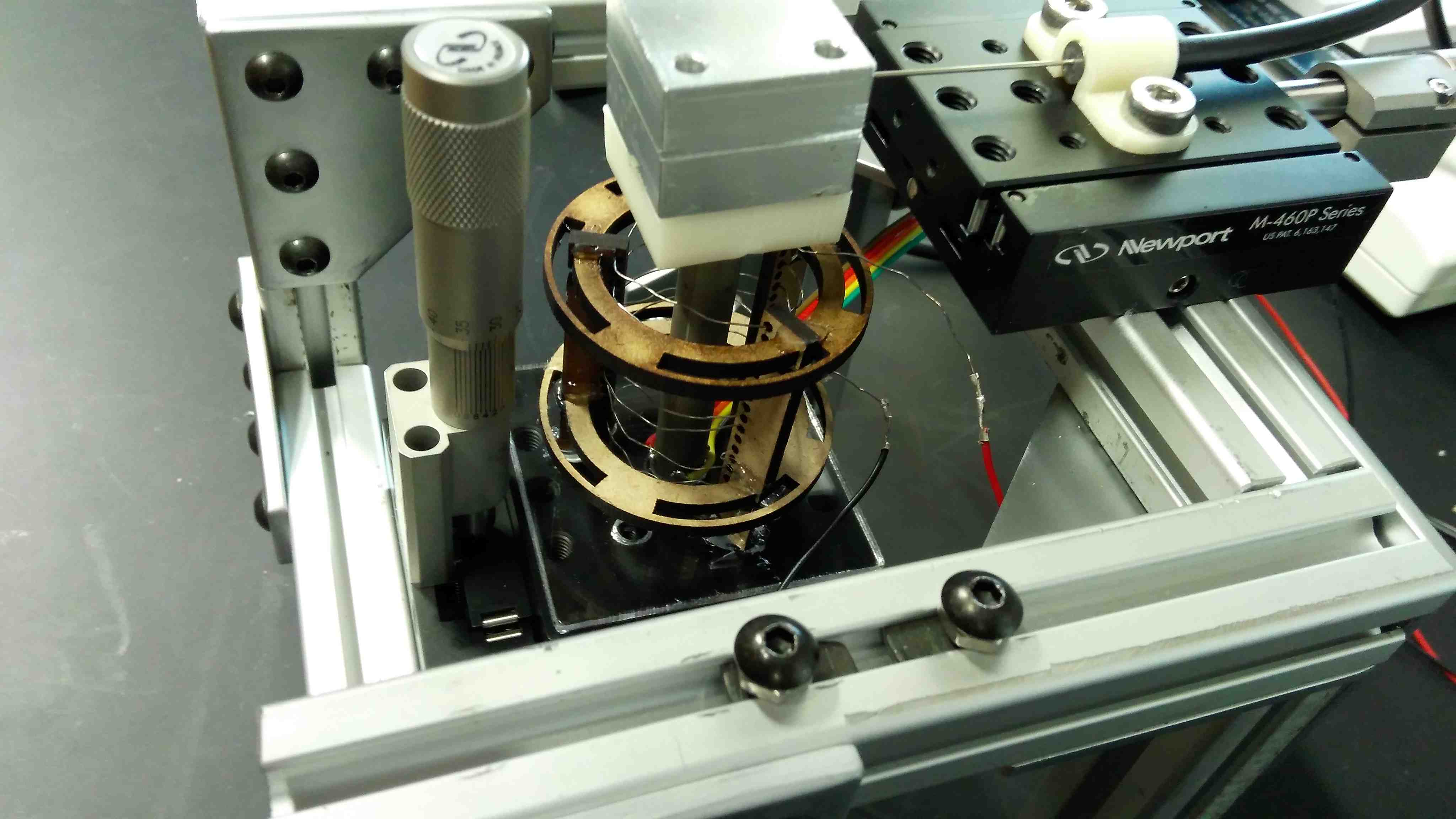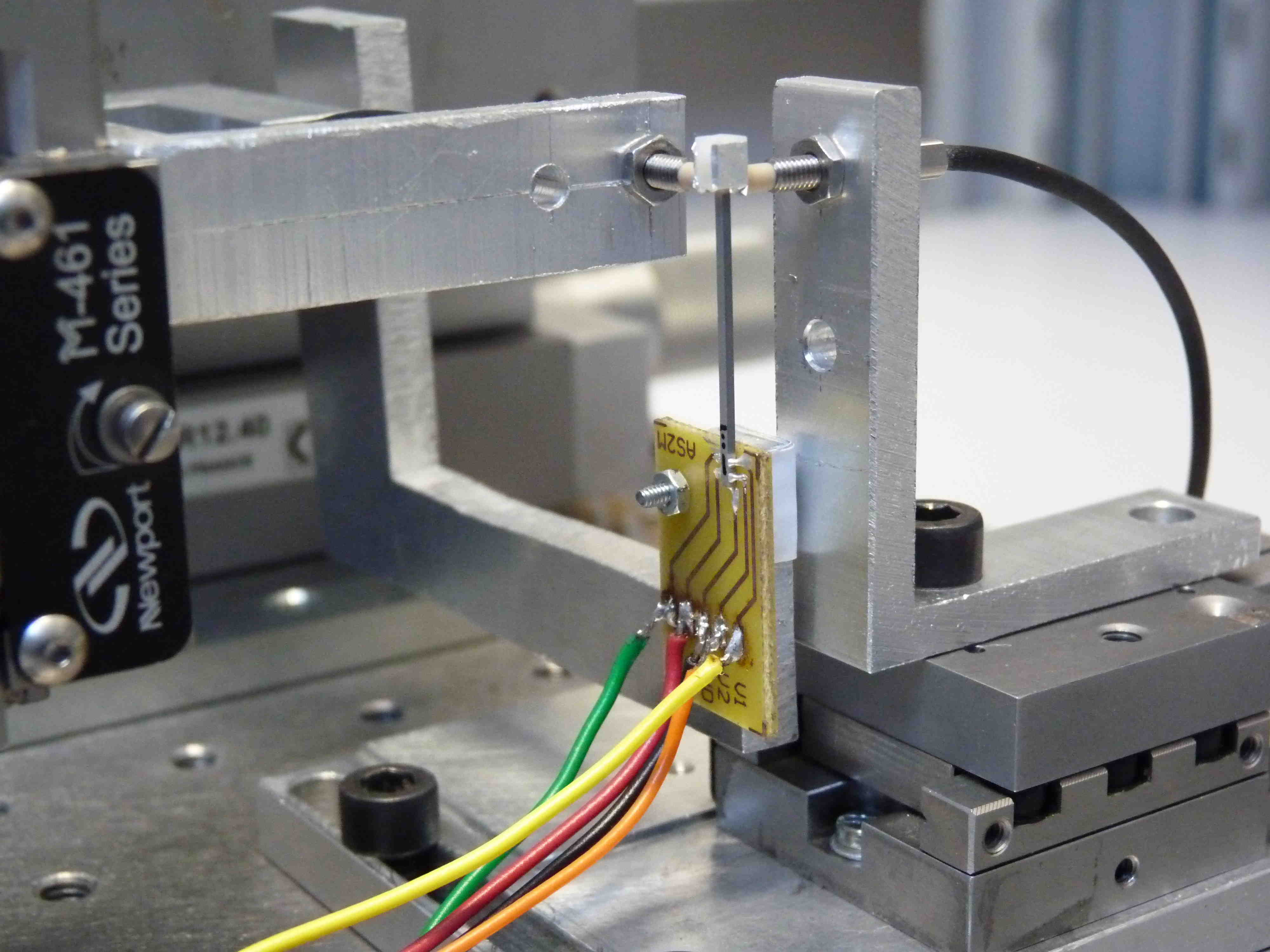



CDC (Conference on Decision and Control) 2020: invited session on "Mechatronics"
Track abstract:
The goal of this invited session, Mechatronics, is to bring
together a diverse group of active researchers in the area
of mechatronics and present to the community some of
the most recent advances in the control techniques and
observation algorithms to enhance the performance of a class
of mechatronic systems. These contributed by authors from
different countries across Asia, Europe, and North America.
In particular, the six papers in this invited session share
a coherent theme of control, estimation, and analysis of
mechatronic systems.
We particularly invite contributed papers treating, but not
limited to, the following aspects: In the first paper Beltran et
al. present a recursive algorithm for the output regulation
of the hysteresis remnant behavior described by Preisach
operators. The hysteresis remnant behavior is the remaining
memory of the output (of the actuator) when the actuation
signal is set to zero. The study proves that the proposed
algorithm guarantees that the output remnant converges to
a desired value. The second paper, authored by Jeong and
Chung, present nonlinear torque modulation and current
controller of Permanent Magnet Synchronous Motors. The
sliding mode disturbance observer is used in the study for
velocity tracking. The study presents experimental results
obtained from a motor and generator set to validate the
performance of the proposed method. In the third paper,
Strijbosch1 and Oomen develop a feedforward controller for
hysteresis phenomena in piezo actuators using hybrid MEM-
elements which can model a wide variety of elements that
are memory dependent. The authors used a simple identifi-
cation approach of a MEM-element capturing the hysteresis
phenomena and a unique inverse allowing for an intuitive
feedforward controller. The developed approachis success-
fully applied to a piezo actuator. In the fourth paper, Khalil
et al. design an observer-based fault detection approach
based on the excitation signal to detect failures in multi-
actuators-based motion systems. The authors consider the
most common actuator faults such as actuator stuck failure,
loss of effectiveness, and fatigue crack in the connection
hinges. The proposed approach was tested experimentally.
Ohno et al., the authors of the fifth paper, propos a novel
adaptive design methodology for cutting force observer, con-
sidering stage parameters variation. In the proposed method,
stage mass, viscous friction, and the Coulomb friction of
the moving stage are estimated. The proposed cutting force
observer deals with the stage parameter variation by updating
the observer with the identified parameters. The validity
of the proposed adaptive observer is verified by simulation
and experimental results. The sixth paper, authored by Al
Janaideh et al., is focused on output-feedback control of a
piezomicropositioning tube actuator with uncertain nonlin-
earities. The paper proposed an extended high-gain observer
to stabilize a class of precision motion systems with unknown
hysteresis nonlinearties. The proposed approach was tested
on a piezomicropositioning tube actuator.
Conference website: https://cdc2020.ieeecss.org/
CDC: Conference on Decision and Control, Jeju-do South Korea, 8-11 December 2020.
Technical Committee: This invited track is within the IFAC T.C.4.2-Mechatronic Systems activities.
Organizers:
- Dr Mohammad Al Janaideh, Memorial University of Newfoundland, St John's NF Canada
- Dr Tom Oomen, Eindhoven University of Technology, The Netherlands
- Prof Micky Rakotondrabe, Laboratoire Genie de Production (LGP), ENIT / Toulouse INP, Tarbes France

Recommended Explorer for this website: not- IE
Webmaster: Micky Rakotondrabe (m.rakoton.net)